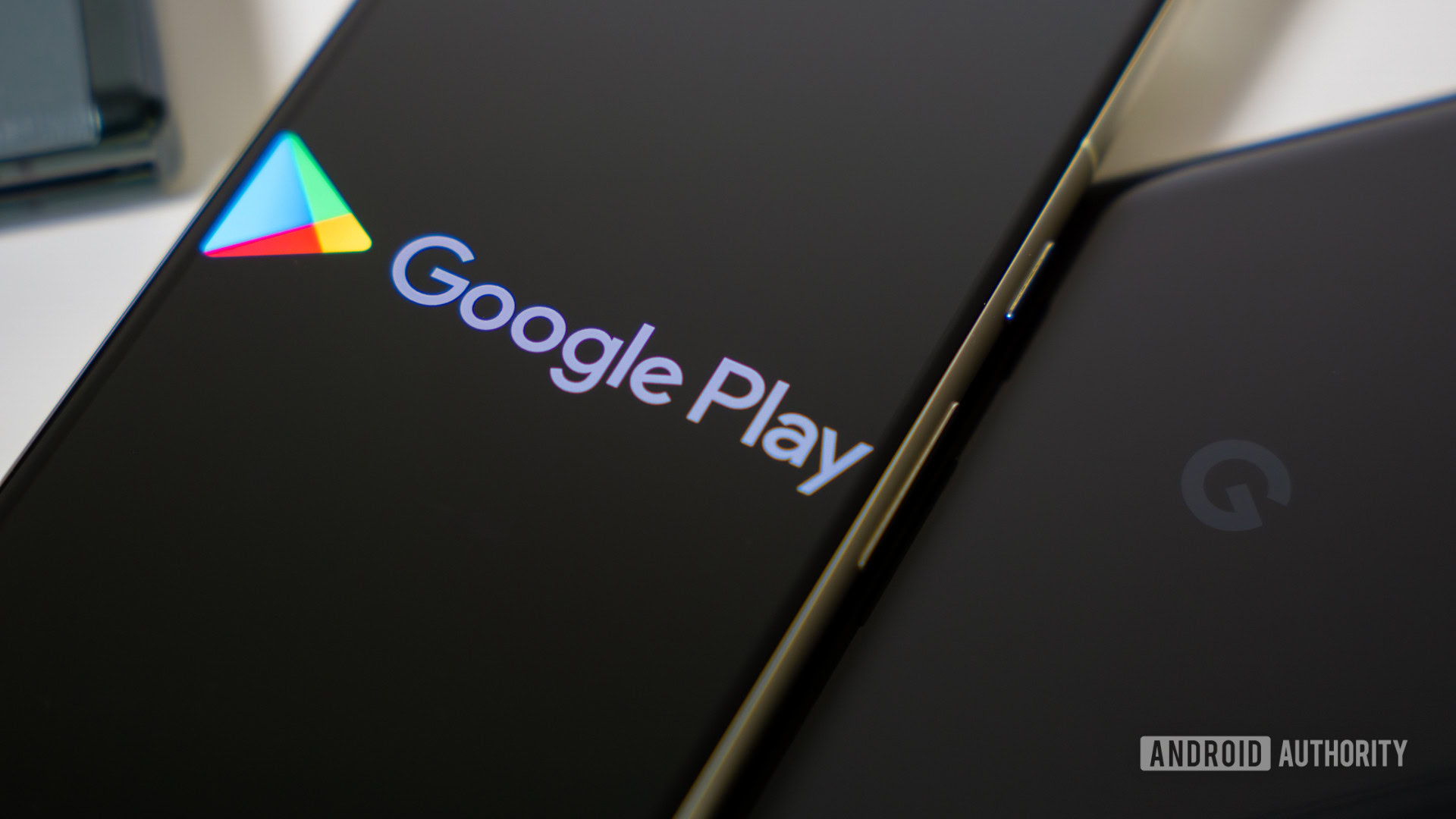Hate this:
Actually there’s a lot of piano tuning apps, and maybe that’s not a bad thing?
Does anyone know if those prices are fair or total b******* for a piano tuning app?
So, the most expensive iOS apps are complicated applications aimed at professionals, while the most expensive Android apps are all junk apps aimed at rich people.
The most expensive iOS apps are from Apple
Doesn’t look like it, but I appreciate the swing
Why does your comment smell like a superiority complex?
It’s not, I’m an avid Android user myself. It’s just an observation. I would have expected more professional apps on Android and also a buch of “see how rich I am” apps on iOS
Feels less like rich people and more like money laundering.
I mean a pianotuneR (as in a guy that tunes your piano) is pretty expensive.
These apps seem to be marketed as tools for professional piano tuners. And looking just at the screenshots it looks like it has a lot of tools and features outside of just showing the correct pitch.
If tuning pianos is your profession, paying 999$ once and writing it off as a business expense isn’t that far fetched.
(Better be a bloody useful tool though ;) )
I’m 99% sure that a professional piano tuner would be better served with a dedicated tuning device than a $999 Android tuning app.
Im 99% sure any piano tuner worth their salt tunes by ear
Do you own a piano? Have you ever had one tuned?
I haven’t, but I’ve had many grand and baby grand pianos tuned after being moved onto stage, and a guy comes in and does it by ear.
I asked them why they didn’t have a stroboscopic tuner or something, and they’ve always found it easier with a couple forks and by ear
Why are you being downvoted?!?
I had a professional out the other day and this is exactly how they tune pianos and they do so for some rather prestigious institutions in my area. A set of tuning forks, a tuning lever, and some felt. By ear - aural tuning - doesn’t mean they are tuning by memory of a note. They use a metal tuning fork that, when struck, vibrates at an exact note with which they compare the string and adjust the tension accordingly.
Sure you can buy tuning devices but not all professionals use nor need them. If anything, they mean someone with poorer hearing can do the tuning and thus don’t notice other aspects of the piano that need adjusting beyond simply string tension.
No idea. Probably cause it’s a bit gate-keepy in the way I say “any tuner worth their salt” as if it’s the only way to achieve good results.
I haven’t met a tuner that uses anything other than forks. Maybe that’s because all the pianos I’ve worked with have been in good condition, so haven’t needed drastic measures applied. As I haven’t met a tuner that uses anything else, I can’t say if they are better/faster/whatever. I just assumed it’s the industry standard, like how orchestras tune by earSame; I’ve never seen an electronic device used to tune a piano either and I’ve been around musical instruments my entire life (not a pro myself, but I’ve friends and family who are composers and I’m an enthusiast myself). I just know digital tuners exist.
It’s an iPhone tuning app
well that’s different then
That’s what I’m curious about, I guess we need to find someone who uses these apps or is a piano tuner that could weigh in.
We need a Foss alternative
Well, you can’t just use any tuner app for tuning a piano, basically because intervals (multiple simultaneous notes) on pianos are always slightly out of tune and we just try to approximate them as well as possible (via a tuning system called “12-tone equal temperament”).
If you’d tune each individual note to be perfectly in tune according to a normal tuner, then intervals would sound horrible (unless you’d only ever play in C Major, I believe).But yeah, it’s definitely still a matter of the user base being niche and the users making money when using your app.
this man tunes
What’s funny is that I play the tuba and trombone, which are perhaps the two (non-percussion) instruments that need the least amount of tuning.
The above nerd knowledge is mainly necessary for banter between musicians, so that I can explain to them why a brass band sounds better, objectively. 🙃
Have you had the chance to try out any of these piano tuning apps? Would any of them be useful? Piano tuners?
I have not, no. The above is kind of just random nerd knowledge I have from being a musician and having friends who play the piano.
In principle, I don’t see why you couldn’t just tune one of the notes with a regular tuner, and then tune all the rest relative to it, according to equal temperament. The most complex part about that would be the UI, to explain to the user which keys they have to press when.
But yeah, maybe I’m missing something hugely important about the process, for which you need all those fancy graphs that are shown in the app screenshots…
So now we can have an Android port of the “I am rich” app.
BRB, need to code an app.
Anyone else triggered by the lack of bezels in that picture?
Like how the google play logo literally touches the edge if the screen?
Well, if you want to play that Ball Drop game, here’s a free alternative: https://f-droid.org/packages/org.pipoypipagames.towerjumper/
Not been updated in 5 years and incompatible with 64 bit phones :/
Sorry, out of the loop.
Did this app cost alot of money or something?
That was on me, I actually wanted to comment on this article, which someone else had mentioned in the thread: https://www.sombrainc.com/blog/most-expensive-apps
In there, a similar game, Ball Drop, is mentioned for $389.99.
To be fair, I don’t actually know, if Ball Drop is somehow much better, but well, I doubt it.
Works fine for me ¯\(ツ)/¯
What would an app need to do for you to consider spending $1k on it?
A complete small business software suite.
Or
The Dick Sucker 9000 upgrade app for an actual AI powered sexbot.
But then you have to buy the hardware attachment separately. That’s where they get ya.
Maybe your cars extended warranty
So the same + inflation?








